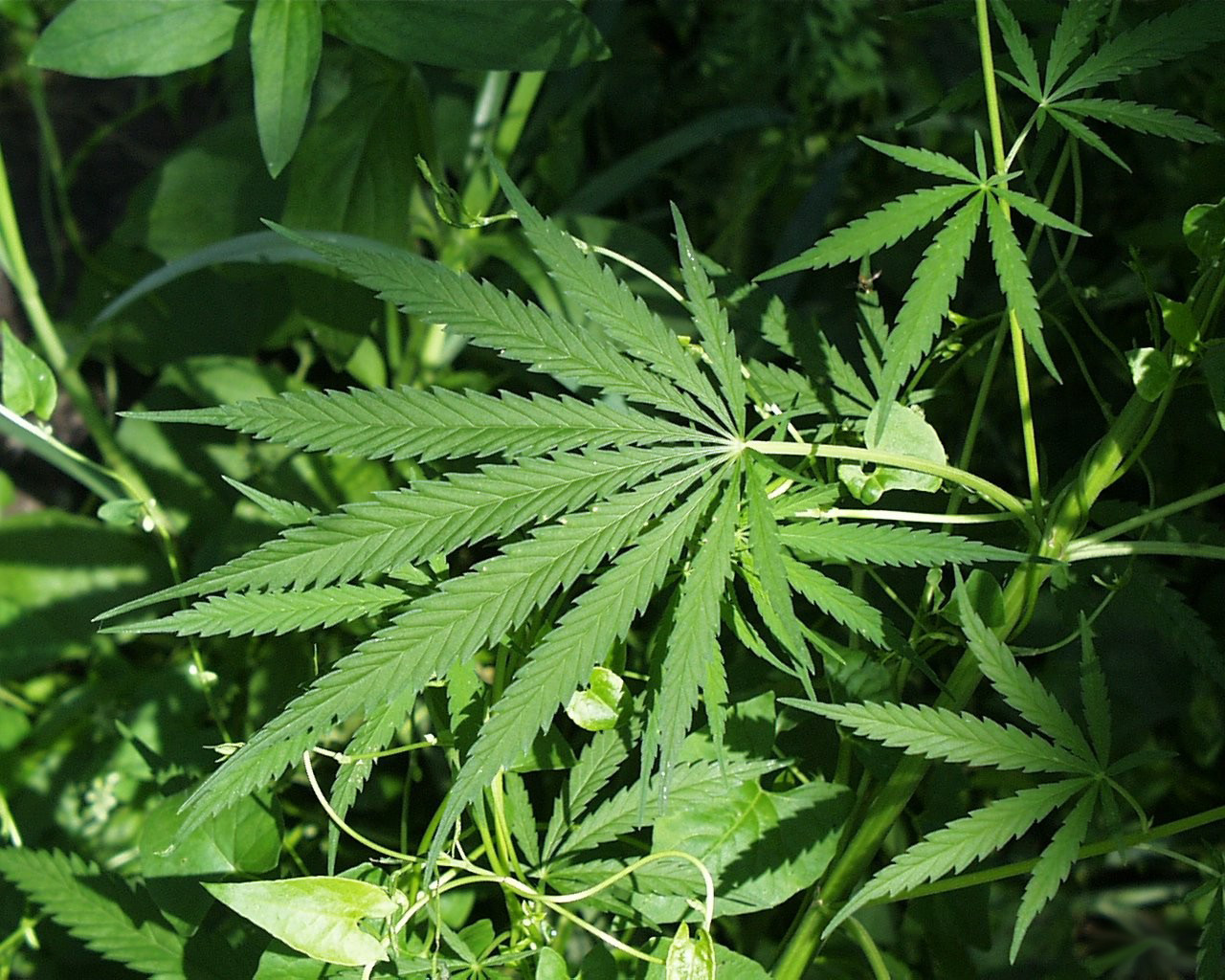
- Details
- By Native News Online Staff
On Thursday President Joe Biden took a step towards fulfilling a campaign promise he made during the 2020 presidential election to decriminalize marijuana when he pardoned thousands of people convicted of marijuana.
"Sending people to prison for possessing marijuana has upended too many lives and incarcerated people for conduct that many states no longer prohibit," Biden said in a statement. "Criminal records for marijuana possession have also imposed needless barriers to employment, housing, and educational opportunities. And while white and Black and brown people use marijuana at similar rates, Black and brown people have been arrested, prosecuted, and convicted at disproportionate rates."
The president said he would also encourage governors to take similar action with state offenses and ask the Department of Health and Human Services and the Justice Department to review how marijuana is scheduled, or classified, under federal law.
The American Civil Liberties Union (ACLU) reports people of color are arrested for possession of marijuana at higher levels in the country than their Caucasian counterparts. For instance, in Montana an examination in arrest rates between Native Americans and whites revealed Native Americans are arrested for possession of marijuana at a rate of 9.6 higher than whites.
Across the country, 19 states and the District of Columbia have legalized small amounts of marijuana for adult recreational use as of May, according to the National Conference of State Legislatures.
Currently, under federal law, an individual convicted of marijuana possession can face up to one year in jail for a first offense, and two or three years for a second offense.
President Biden’s action reflects a major shift in the federal government’s marijuana policy. While his action is a step towards decriminalizing marijuana policy at the federal level, only Congress can ultimately provide legislation to do so.
“My intent by this proclamation is to pardon only the offense of simple possession of marijuana in violation of Federal law or in violation of D.C. Code 48–904.01(d)(1), and not any other offenses related to marijuana or other controlled substances,” President Biden said in part in a proclamation.
The president’s proclamation came weeks before the midterm elections on Nov. 8, 2022.
More Stories Like This
Native News Weekly (August 25, 2024): D.C. BriefsNavajo Nation Mourns the Passing of Former Vice President Rex Lee Jim
Deb Haaland Earns Endorsement From Communications Workers of America Local 7076
University Soccer Standout Leads by Example
Two Native Americans Named to Democratic Congressional Campaign Committee's“Red to Blue” Program
Help us defend tribal sovereignty.
At Native News Online, our mission is rooted in telling the stories that strengthen sovereignty and uplift Indigenous voices — not just at year’s end, but every single day.
Because of your generosity last year, we were able to keep our reporters on the ground in tribal communities, at national gatherings and in the halls of Congress — covering the issues that matter most to Indian Country: sovereignty, culture, education, health and economic opportunity.
That support sustained us through a tough year in 2025. Now, as we look to the year ahead, we need your help right now to ensure warrior journalism remains strong — reporting that defends tribal sovereignty, amplifies Native truth, and holds power accountable.
 The stakes couldn't be higher. Your support keeps Native voices heard, Native stories told and Native sovereignty defended.
The stakes couldn't be higher. Your support keeps Native voices heard, Native stories told and Native sovereignty defended.
Stand with Warrior Journalism today.
Levi Rickert (Potawatomi), Editor & Publisher


